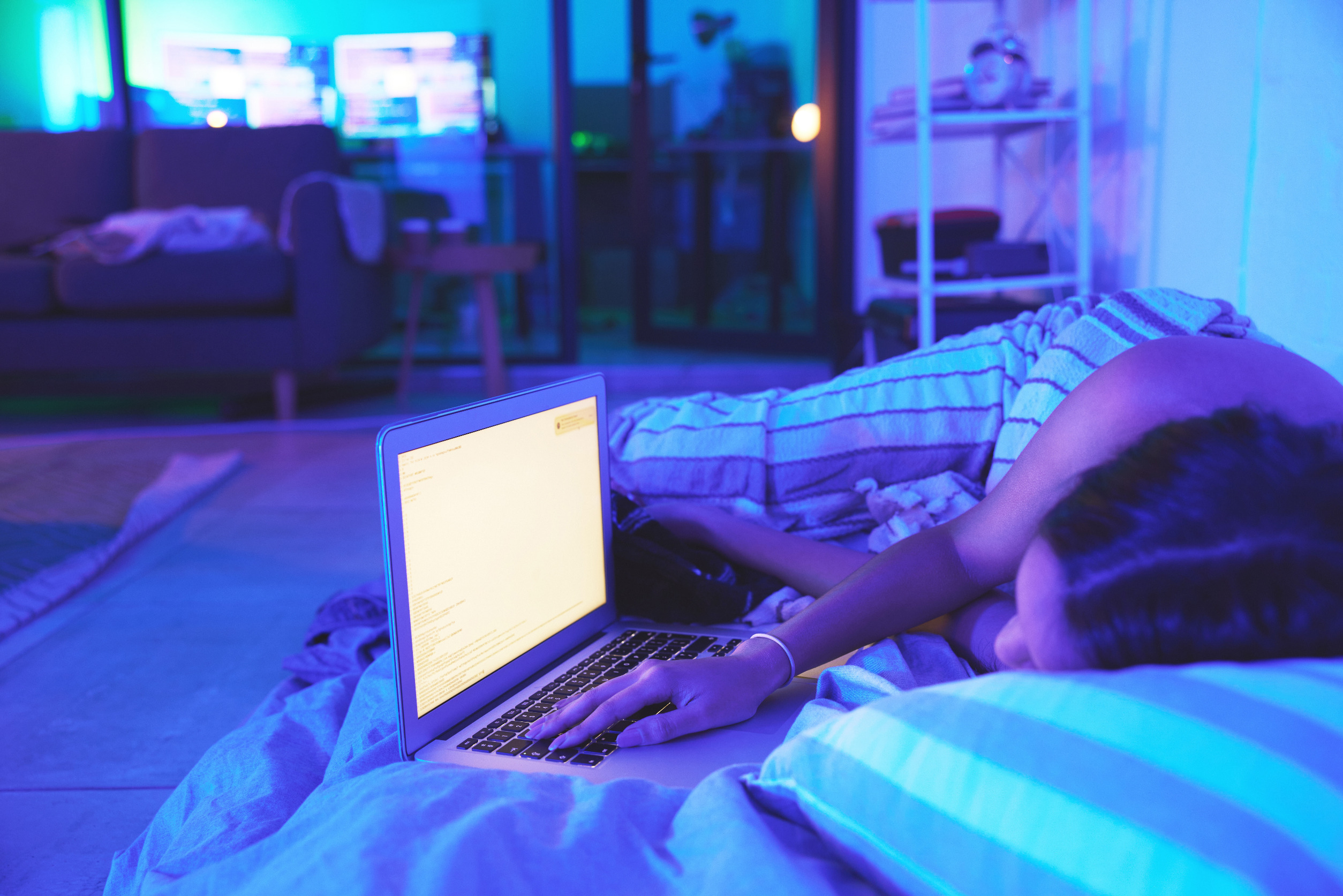How Light Affects Your Sleep
March 28th, 2018 by AmeriSleep Diagnostics

Have you ever gone on vacation and slept like a baby in your hotel room? Your good night's sleep may be a result of more than a comfortable mattress and a well-deserved mental break from the stress of everyday life. It could be related to the absence of light.
To help guests have a positive experience, many hotel rooms install blackout curtains in their rooms. They do this because research shows that light is one of the most significant external factors that can profoundly affect sleep.
Light-sensitive cells in the retinas of our eyes react to light and tell the brain whether it's daytime or nighttime, setting our sleep patterns accordingly. When our surroundings transition from darkness to light, our brain can be tricked into thinking that it is a new day and try to wake the body.
Circadian rhythms are internal clocks that regulate our sleep. The length of a typical circadian rhythm is approximately 24 hours. Because artificial light is all around us, it can make it difficult for the brain to process the information correctly, which can lead to a disrupted circadian rhythm and cause us to lose sleep. Blue light appears to be the most disruptive at night because it suppresses the production of melatonin at a higher rate than other types of light. Common sources of blue light include fluorescent and LED lighting, as well as digital screens, such as smartphones, tablets, computers, and TVs.
The next time you find yourself tossing and turning at night, open your eyes and notice if there is any light filling the space in your room. Common light sources that can affect your sleep include:
- Alarm clock
- Mobile device
- Television
- Street lights
- Stars/Moon
For more information on sleep disorders and how to discover quality sleep, please visit www.amerisleepsd.com or contact us at 619-717-8102.
Posted in: Sleep Tips
